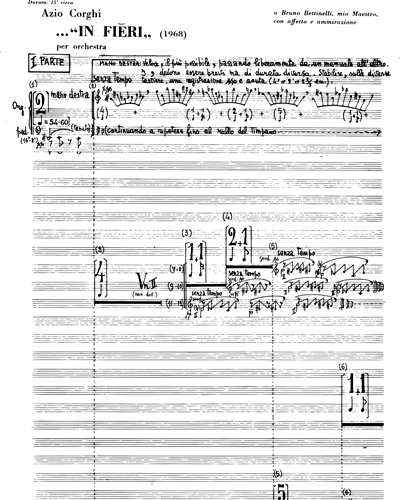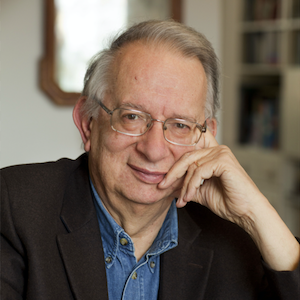
Azio Corghi
97 pieces at nkodankoda sheet music library
over 100k editions from $14.99/month
Hassle-free. Cancel anytime.
available on
nkoda digital sheet music subscription


Editions
Annotate
Library
Perform
100k+ available Editions
More about Azio Corghi
Azio Corghi (9 March 1937 – 17 November 2022) was an Italian composer, academic teacher, and musicologist, known for his operas and chamber music, frequently collaborating with José Saramago. He taught at the Accademia Nazionale di Santa Cecilia and other prestigious academies. His contributions to music were recognized with the Order of Merit of the Italian Republic.

Azio Corghi sheets music on nkoda
Edition/Parts
Composer/Artist
Part
Source
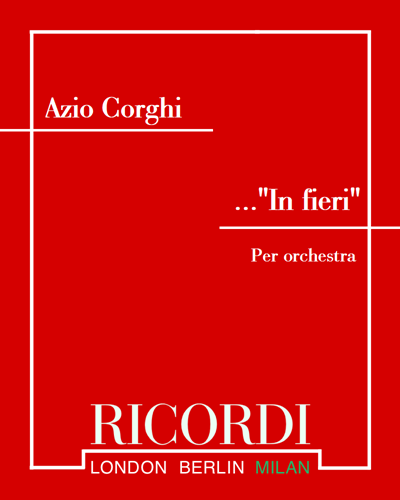
..."In fieri"
Azio Corghi
Full Score
Ricordi
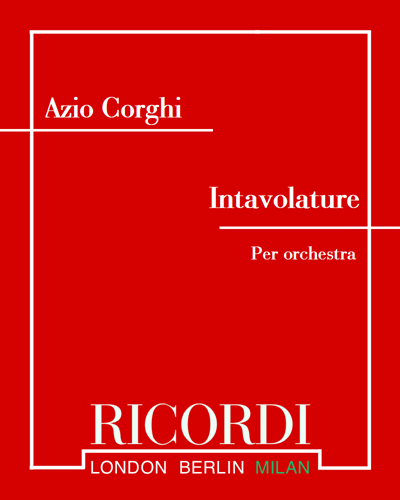
Intavolature
Azio Corghi
Full Score
Ricordi
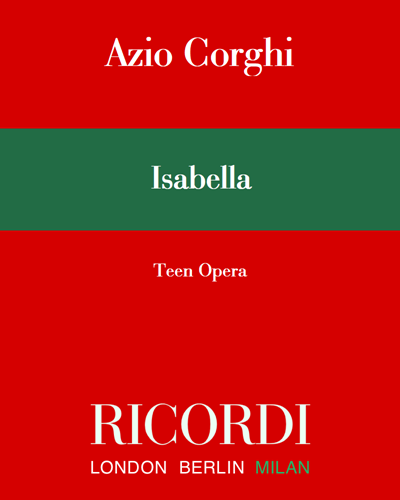
Isabella
Azio Corghi
Opera Score
Ricordi
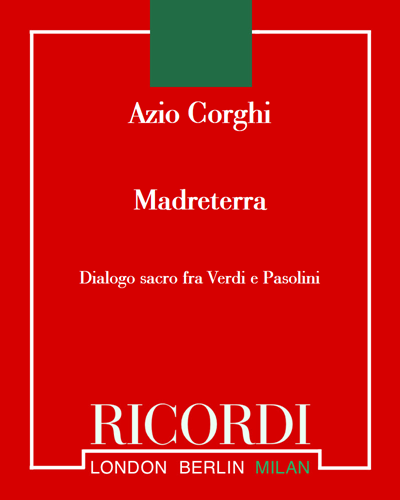
Madreterra
Azio Corghi
Full Score & Flute
Ricordi
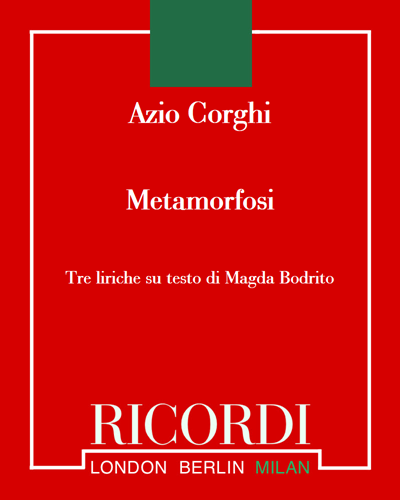
Metamorfosi
Azio Corghi
Ensemble
Ricordi
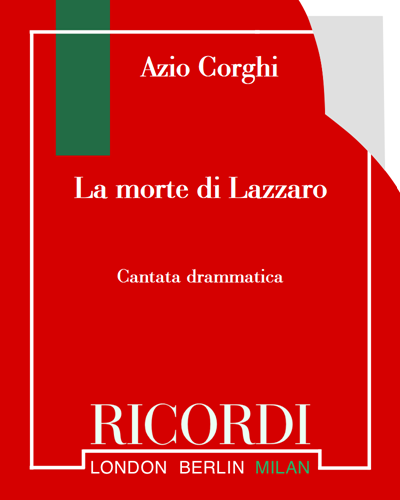
La morte di Lazzaro
Azio Corghi
Chorus
Ricordi
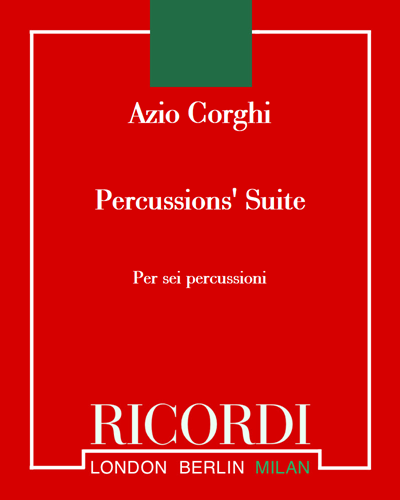
Percussions' suite da "un petit train de plaisir"
Azio Corghi
Full Score
Ricordi
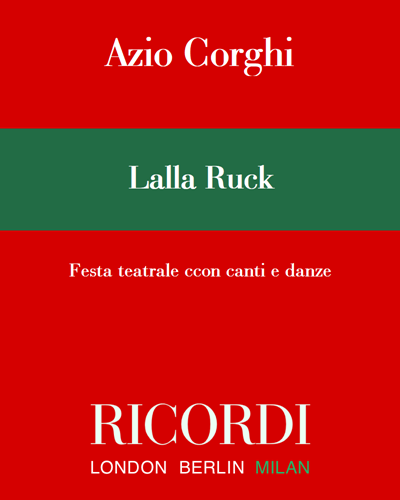
Lalla Ruck
Azio Corghi
Opera: Voices & Orchestra
Ricordi
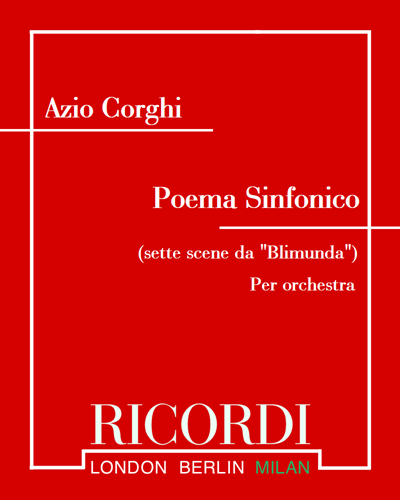
Poema Sinfonico (sette scene da "Blimunda")
Azio Corghi
Orchestra
Ricordi
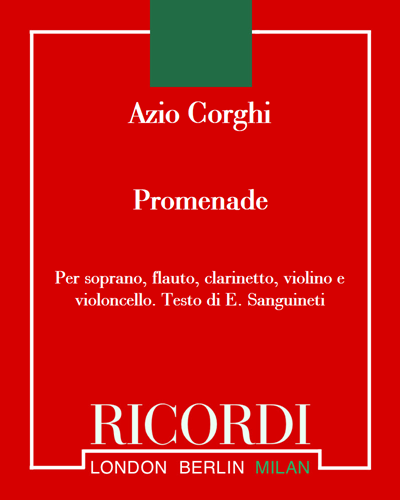
Promenade - dans l'ile de la liberte
Azio Corghi
Ensemble
Ricordi
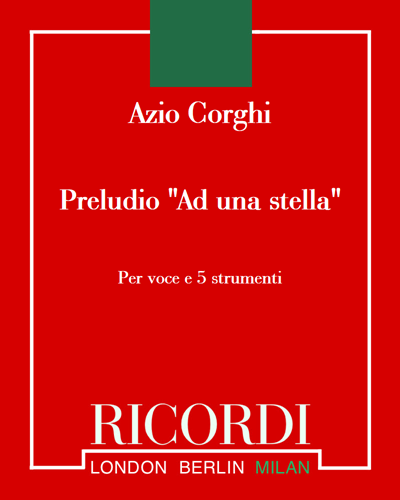
Preludio "Ad una stella"
Azio Corghi
Ensemble
Ricordi
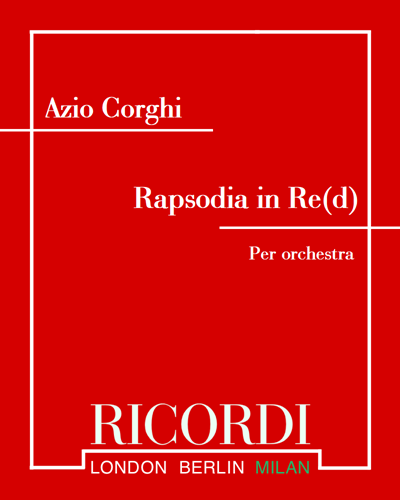
Rapsodia in Re(d)
Azio Corghi
Full Score
Ricordi
INSTITUTIONAL PARTNERS
PUBLISHERS PARTNERS
TESTIMONIALS


